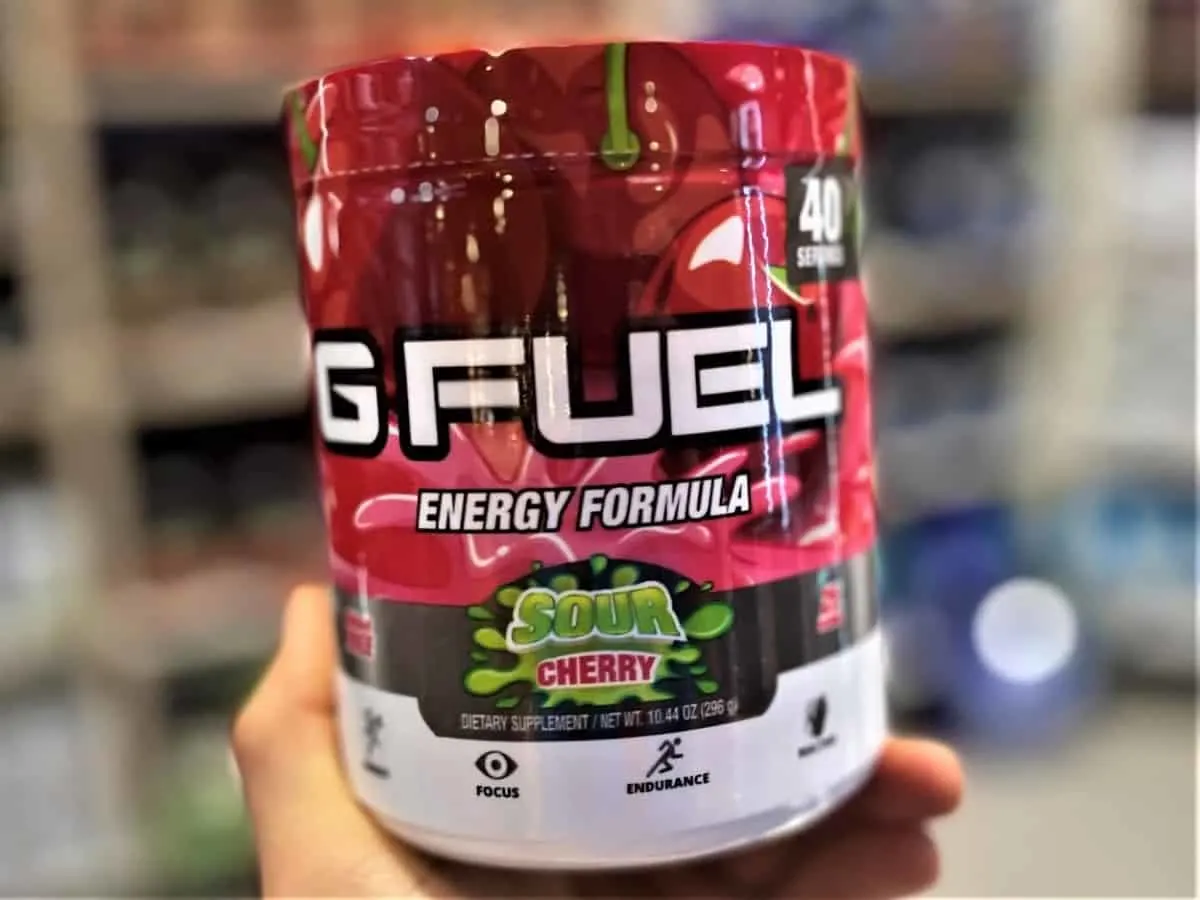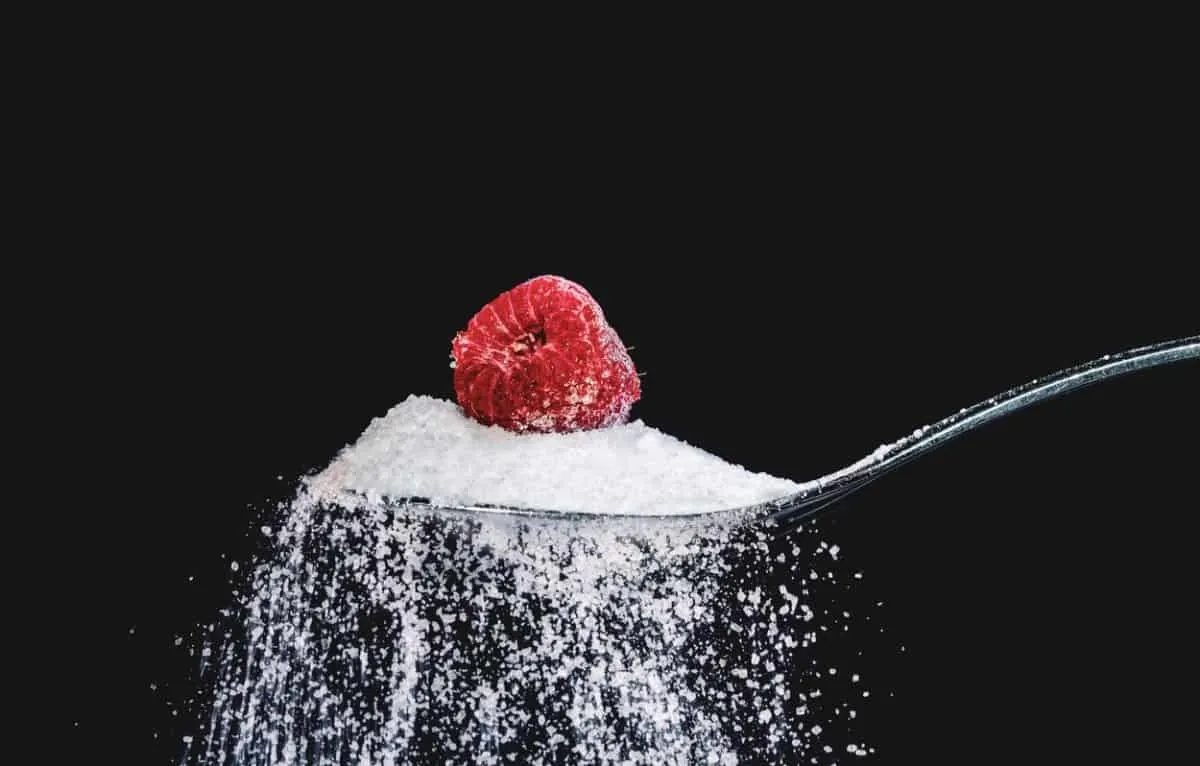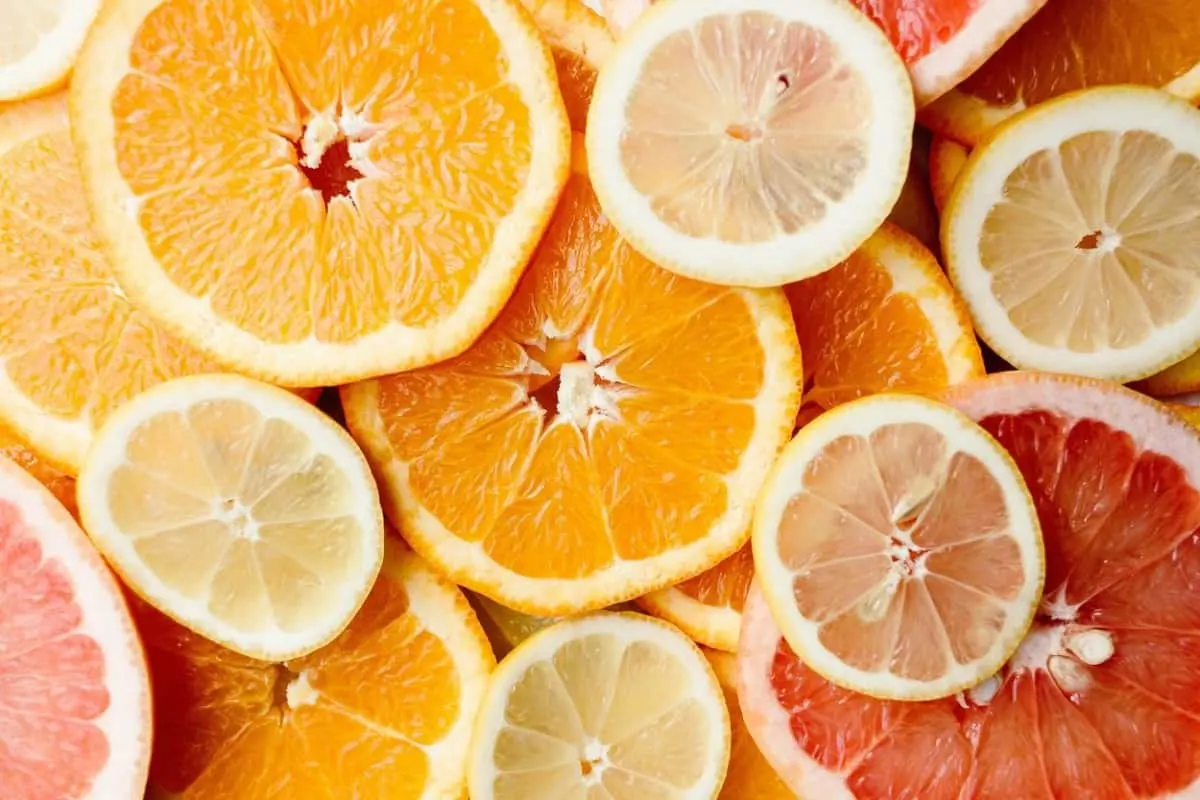G Fuel Powder has proven to be an effective tool for athletes, gamers and those who simply want to get their caffeine fix. It’s been popular among students, too.
But what exactly do you get from drinking G Fuel Powder?

While eating “healthy” foods like vegetables, meat and fish can supply you with nutrients your body needs, you can likewise do so by having G Fuel Powder in your diet, although it’s probably not the healthiest thing you could be having.
In short, a 7g serving of G Fuel will give you 150mg of caffeine, 25 calories, zero sugar, and a whole lot of other ingredients ranging from fruit powder extracts to various Vitamins down the alphabet.
What does all that mean for your body and how does it work? Read through the article to find out.
But first, let’s take a look at the nutritional facts of G Fuel Powder.
Contents
G Fuel Powder Nutrition Facts
| Nutrient | Amount per serving (7g) |
| Calories | 25 |
| Total Fat | 0g |
| Total Carbohydrates | 5g |
| Sugars | 0g |
| Vitamin C | 250mg |
| Vitamin E | 15 IU |
| Vitamin B6 | 10mg |
| Vitamin B12 | 425mcg |
| Sodium | 79mg |
| Niacin (Vitamin B3) | 15mg |
G Fuel Powder contains several vitamins that can give your body the energy it needs. It has sufficient amounts of sodium, vitamin B3, B12, B6, C, and E.
How Many Calories are in G Fuel Powder?
G Fuel Powder contains 25 calories per serving.
Calories are a form of measurement for the energy your body derives from consuming any food or drink. They’re what power you through everything you do in a day, making them absolutely essential in every kind of diet.
So why do people always bring them up in discussions about weight gain? Depending on how much you get from what you eat in a day and what you do after, you may not necessarily burn everything before bed.
When that happens, the extra calories that get stored as fat can be used some other time. This means that these fats are simply sitting in your body every time you skip meals. That also means if there isn’t any (or enough fat to go on), you can get tired more easily.
Maintaining a good diet doesn’t mean avoiding calories. It’s about creating a balance between working out and eating properly.
Generally, the recommended amount of calories per day is 2000 for women and 2500 for men. 2000 is also the amount most energy drink manufacturers assume you follow when counting the percent daily value (%DV) for their product’s nutrition facts.
However, it’s important that 2000 or 2500-calorie diets aren’t always for everyone. In reality, the amount of calories you need in a day depends on factors such as your age, body size, and sex.
What does that mean for G Fuel then?
G Fuel Powder has 25 calories per serving, which is also equivalent to one teaspoon) and relatively lower in calories compared to other brands.
To put that into perspective, a can of Monster Energy has 210 calories per 16 fl.oz serving, which makes G Fuel the better option if you happen to watch your overall caloric intake.
How Many Carbohydrates are in G Fuel Powder?
A single serving of G Fuel Powder has 5g of carbohydrates.
Like calories, carbohydrates are a source of energy for the body wherein each gram of carbohydrate contains 4 calories.
Carbohydrates are also one of three macronutrients that the body needs in larger amounts than it does others (the other two are protein and fats).
That’s why most would agree that 45% to 65% of the calories you get every day should be from carbohydrates. Assuming you follow a 2000-calorie diet, you should have at least 275 calories a day.
Likewise, the amount of carbohydrates the body needs daily can vary between individuals. The variations are also tied to the certain factors like the size of your body, physical activities, and your blood sugar levels.
Considering that G Fuel Powder only has 5g of carbohydrates per serving, it’s unlikely to get an adequate amount of calories to actually fuel your workout or study sessions, but it’s still better than nothing.
How Much Sugar is in G Fuel Powder?

G Fuel Powder is sugar-free and uses artificial sweeteners for flavor.
The unique flavors fans of the brand which they come to know and love are derived from artificial sweeteners namely Acesulfame Potassium (Ace-K) and Sucralose (Splenda).
Artificial sweeteners are a sugar substitute that’s used by brands and home cooks alike to add flavor to “sugar-free” food.
Artificial sweeteners are actually sweeter than sugar, Splenda being is 600 times sweeter than sugar, and Ace-K is 200 times sweeter.
Sucralose is produced from sugar by using a multistep chemical process wherein three hydrogen-oxygen groups are replaced with chlorine atoms. This structure makes it so the digestive part doesn’t break it down, which is a big part of why it’s considered safe.
It’s also been around since 1979, when it was accidentally discovered at a British college. Currently, it’s an ingredient used in thousands of food products worldwide.
Meanwhile, Acesulfame Potassium is made by transforming an organic intermediate, acetoacetic acid, and the mixture they form with potassium. The result of this process is a white, crystalline powder that can be used to flavor foods without using sugar.
Despite its purpose, this powder is also known for its sour aftertaste. That’s why it’s often mixed with other low-calorie artificial sweeteners like sucralose when used as flavoring.
Even though they taste sweeter than normal sugar, both Sucralose and Ace-K contribute very little calories. It’s no wonder they’re so popular among diabetics and people who want to go on a strict diet.
Ace-K isn’t as common as Splenda outside of energy drinks, but you find it in food and drinks such as:
- Baked goods
- Soft drinks
- Protein shakes
- Frozen desserts
- Candy
- Gum
- Tabletop sweeteners
Although both Ace-K and Splenda are considered controversial for their suspected links to weight gain, cancer, and imbalanced gut bacteria, none of the studies about these links are able to prove anything as of the writing.
How Much Caffeine is in G Fuel Powder?
Caffeine is the common ingredient in energy drinks. Even though it’s one of the major properties for its potency, G Fuel actually contains slightly less caffeine than most brands with only 150mg per serving.
Of course, this changes depending on how much G Fuel powder you pour into your drink. It’s advisable to stick to the recommendation on the label to avoid possible side effects especially if you’re sensitive to caffeine.
For more information on the effects caffeine in G Fuel Powder may have on you, have a look at the article I’ve written on the Caffeine and Ingredients of G Fuel Powder, for a more solid overview.
Vitamins in G Fuel Powder
Like every other energy drink, G Fuel contains B-vitamins to help boost your energy. But unlike most brands, it has Vitamin C and Vitamin E, too.
Vitamin B (also known as the Vitamin B complex) plays a big role in energy metabolism. They’re also water-soluble, which means that they’re immediately flushed out of the body through urine. This makes it possible for energy drinks to contain amounts exceeding the recommended daily intake.
Vitamin B3 in G Fuel Powder
Vitamin B3 is also called Niacin. Like the rest of the B-vitamins, it plays an important role in energy metabolism. It converts fats, proteins, and carbohydrates into usable energy in order for your body to properly function.
Besides that, Vitamin B3 is also believed to lessen bad cholesterol levels when taken in daily.
You can find natural sources of Vitamin B3 in:
- Leafy greens
- Poultry
- Fish
- Eggs
- Products that were fortified with Niacin
Vitamin B6 in G Fuel Powder
Vitamin B6 (also called Pyridoxine) helps in processing carbohydrates, proteins, and fats like Vitamin B3 as well as aid in the production of red blood cells and neurotransmitters. As a result, it can yield positive effects like boosting your mood, strengthen the nervous system, and prevents anemia.
They can be found in the following food sources:
- Meat (especially pork)
- Peanuts
- Soya beans
- Fish
- Oats
- Bananas
Vitamin B12 in G Fuel Powder
Vitamin B12 (Cobalamin) is a vitamin you can find in animals. Aside from improving the metabolism, it’s also important for the formation of red blood cells and DNA. It’s used in the development of brain and nerve cells as well.
That’s why just like vitamin B6, the benefits of having Vitamin B12 in your diet are tied to having a better mood, more energy, and healthier brains.
You can find Vitamin B12 in:
- Fish
- Liver
- Red meat
- Poultry
- Dairy products
- Fortified cereals
Vitamin C in G Fuel Powder

Vitamin C (Ascorbic acid) is also a water-soluble vitamin that supports growth, development, and healing of the cells. More specific functions include forming collagen, helping your system absorb iron, and maintaining your cartilage, bones, and teeth.
It’s also an antioxidant that fights the damage caused by free radicals. So making this a regular part of your diet will help reduce your chances of contracting some diseases that are tied to having too many free radicals in your body (e.g cancer, arthritis, heart disease).
Vitamin C also helps your body resist toxic substances like cigarette smoke.
In nature, it’s found in many fruits and vegetables. The most common ones are broccoli, oranges, strawberries, and spinach.
Vitamin E in G Fuel Powder
Unlike all the other vitamins listed above, Vitamin E is fat-soluble. where instead of dissolving in water like the B-vitamins and Vitamin C do, it gets absorbed by the body the same way as dietary fat.
Vitamin E’s main function is to fight the effects of free radicals and the diseases they cause just like Vitamin C does.
Outside of G Fuel Powder, you can find Vitamin E in:
- Almonds
- Peanuts
- Beet greens
- Mango
- Avocado
Sodium in G Fuel Powder
G Fuel Powder contains 79mg of sodium.
79mg is 3% of what you need every day. Since this amount is less than 5%, G Fuel is considered low in sodium.
For reference, anything 5% and below is considered low in sodium content while anything above 20% is high.
Sodium is a mineral your body needs to maintain hydration in your cells. It’s also a nutrient that helps you keep your muscles functional.
But, it’s also important to ensure that you don’t consume more than the recommended daily 2300mg if you want to avoid the adverse health effects of too much sodium (like hypertension).
Given that pre-packaged food is more accessible, it’s no surprise that people consume higher amounts of sodium every day. No worries though. Keeping sodium levels in check can be done with some extra effort. Besides checking the nutritional labels, knowing the other common sources of sodium is also helpful.
You can find sodium in:
- Breads
- Pizza
- Chicken
- Soups
- Snack food (e.g Doritos and Cheetos)
- Cheese
- Eggs
Conclusion
G Fuel Powder is a sugar-free product that also has low caloric content and low carbohydrate content. It also contains several B-vitamins that can aid your metabolism as well as Vitamins C and E, which are antioxidants.
All in all, if you aren’t too concerned about the caffeine content in the ingredients, G Fuel does deserve its reputation as one of the healthier energy drink choices.
Personally, you can even drink G Fuel Powder every day provided that you don’t exceed the recommended serving. Just because it’s sugar-free doesn’t mean you can get complacent with your health and binge it. This, and as long as you’re mindful of the rest of your diet, too.
If you have any more questions about vitamins or sodium, you can consult with your doctor or dietician as they can give you expert advice when it comes to nergy drinks powders such as G Fuel.
